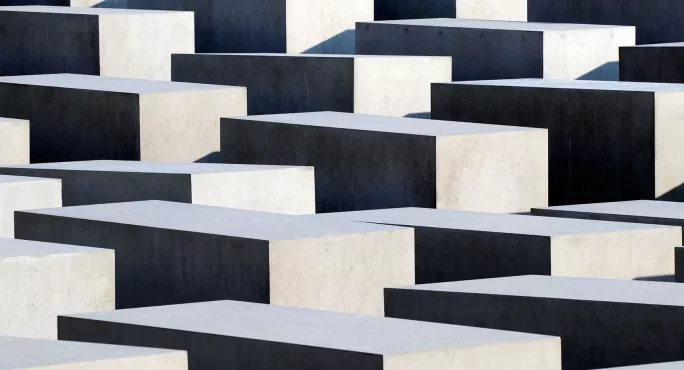Around three-quarters of teachers who run lessons on the Holocaust in school have heard students repeat mistruths they have read online, new research shows.
The study by the UCL Centre for Holocaust Education also reveals that four in 10 teachers have encountered antisemitism.
And the centre has highlighted teacher warnings that the “fake news era” of experts being challenged has led to some students buying into conspiracy theories.
Researchers spoke to or questioned more than 1,200 secondary school teachers from across England who have responsibility for teaching about the Nazi genocide.
The findings have been published this week, with today being Holocaust Memorial Day.
Around one in six teachers (15 per cent) said they encountered students voicing Holocaust denial either “occasionally” or “often”.
The challenges of Holocaust education
One teacher said pupils are more likely to have heard the phrase ‘Holocaust denial’ now than when they started teaching.
The secondary school teacher, from the East Midlands, added: “When I first started teaching, that wasn’t the case. It often manifests itself in the questioning of the past: ‘How do we know?’ ’Maybe it’s fake news, perhaps it wasn’t so bad, or the Jews are exaggerating.’ There are more conspiracy theories these days, so they mention it in relation to that.”
Another secondary school teacher from the North West said: “Increasingly, we see students asking questions that aren’t ‘outright denial’, which for most is ridiculous, but instead something akin to distortion or minimization: ‘Was it really 6 million?”
Others highlighted how the Holocaust can be conflated with the conflict involving Palestine and Israel.
The authors of the research have called for more curriculum time to be given over to the teaching of the Holocaust and its contemporary significance in schools.
Previous research highlighted a concern that the subject was being squeezed in the Key Stage 3 curriculum.
Professor Stuart Foster, executive director of the UCL Centre for Holocaust Education, said: “Our research has repeatedly shown that teachers need time and space to teach this most challenging of subjects carefully and with the confidence that can only be generated by bespoke, research-informed training.
“The rise and rise of online conspiracies and the proliferation of lies about the Holocaust make this even more urgent. Teachers must be given the support they need if they are to counter this malignant trend in the classroom.”
The latest research findings will be included in a forthcoming report, Continuity and Change: Ten years of teaching and learning about the Holocaust in England’s secondary schools.
The study used a mixed-method approach with survey responses from 1,077 teachers who teach about the Holocaust, as well as quantitative data from group interviews with 134 teachers from 45 different schools.




